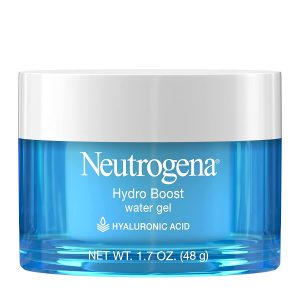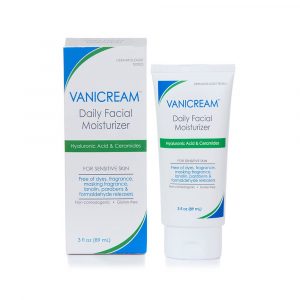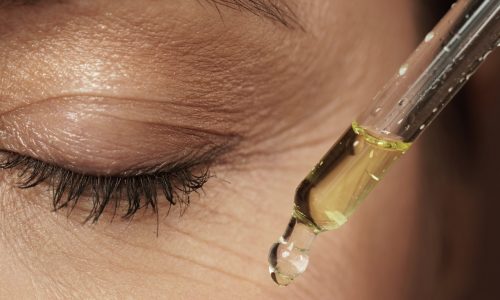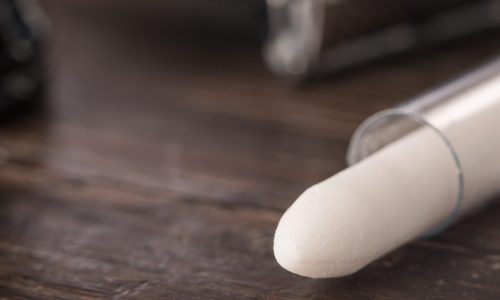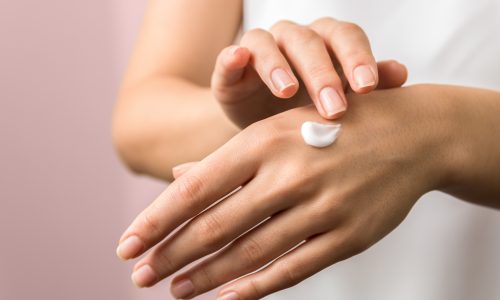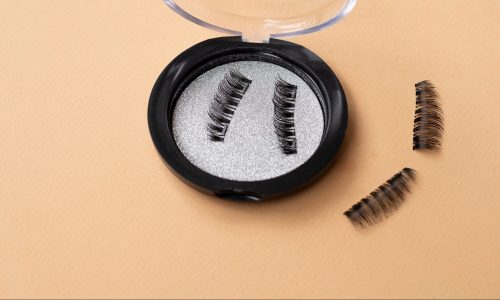The Best Facial Moisturizer
We looked at the top 10 Facial Moisturizers and dug through the reviews from 30 of the most popular review sites including and more. The result is a ranking of the best Facial Moisturizers.
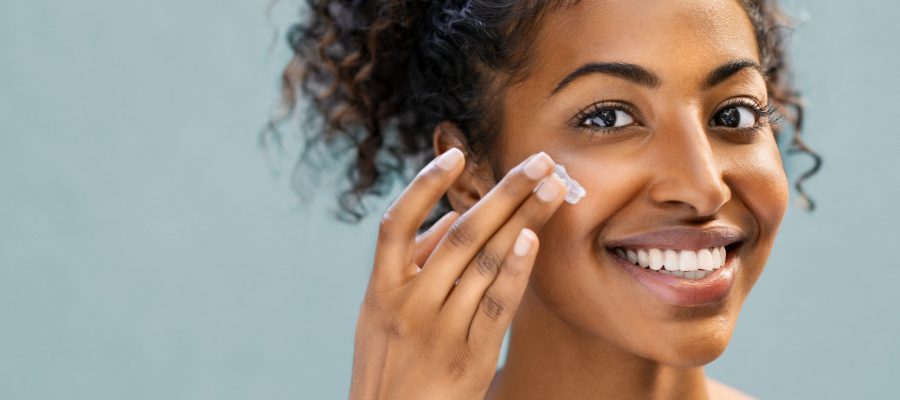
Our Review Process
Don't Waste Your Money is focused on helping you make the best purchasing decision. Our team of experts spends hundreds of hours analyzing, testing, and researching products so you don't have to. Learn more.
Our Picks For The Top Facial Moisturizers
- 1. Neutrogena Hydro Boost Oil-Free Facial Moisturizer
- 2. CeraVe AM SPF 30 Non-Comedogenic Facial Moisturizer
- 3. e.l.f. Daily Hydration Vitamin E Facial Moisturizer
- 4. Burt’s Bees Firming Fragrance-Free Facial Moisturizer
- 5. La Roche-Posay Toleriane SPF 30 Facial Moisturizer
- 6. L’Oreal Paris Collagen Anti-Aging Facial Moisturizer
- 7. Vanicream Hyaluronic Acid & Ceramides Facial Moisturizer
- 8. Olay Regenerist Retinol 24 Night Facial Moisturizer
- 9. St. Ives Collagen & Elastin Facial Moisturizer
- 10. Cetaphil Oil-Free Hypoallergenic Facial Moisturizer
This oil-free, non-comedogenic facial moisturizer from Neutrogena contains hyaluronic acid to lock in moisture. The long-lasting skin care product absorbs quickly and doesn’t feel greasy, but provides the intense power of a cream.
Locks in MoistureThis water-based gel moisturizer helps keep the skin soft and supple.
This non-greasy CeraVe facial product, recommended by dermatologists, has ceramides, hyaluronic acid and niacinamide. The oil-free moisturizer is an SPF 30 zinc-oxide sunscreen that spreads easily and absorbs quickly.
Spreads EasilyGet great sun protection with this fast-absorbing, non-greasy moisturizer.
The ultra-hydrating, antioxidant ingredients in this facial moisturizer include vitamin E, grapeseed oil, aloe and jojoba oil. This formula is lightweight and nourishing with a creamy feel. It can enhance radiance in all skin types.
Contains AntioxidantsThis facial moisturizer contains aloe, jojoba oil and shea butter.
This facial moisturizer from Burt's Bees improves the texture of the skin with bakuchiol, a natural and gentler alternative to retinol. The anti-aging skin cream with vitamin E helps to even the skin tone and minimize dullness.
Improves TextureIf you're looking for a natural alternative to retinol, you've found it.
Buying Guide
Using the right facial moisturizer protects and revitalizes your skin, helping it stay healthy, smooth, and supple. As a result, facial moisturizer is a necessary part of your face care routine. But with so many facial moisturizers on the market, how do you know which one to use?
Consider what kind of skin you have first and go from there. If you have dry or itchy skin, then it’s best to use a facial moisturizer that is thick and oll-based. This will help to lock in moisture on your skin. If you have normal skin, then opt for a creamy texture. Lotions, which are water-based, are ideal for those that have oily skin. For daytime, it’s best to go with a lightweight moisturizer and save a heavier one for nighttime.
Don’t forget to look for ingredients that work well for your skin. Green tea and pomegranate, for example, are antioxidants that may be included to help skin look healthy, glowing and fresh. Alpha-hydroxy acids in a non-comedogenic solution will help those who suffer from acne.
Humectants like hyaluronic acid, glycerin and propylene glycol help attract water to the skin. You’ll want emollients like shea butter, cocoa butter and octyldodecanol to seal in moisture and fill cracks. And you’ll also need occlusives, like petrolatum and lanolin, to form a protective barrier over your skin.
You may wish to have some sun protection in your facial moisturizer, if you don’t put on sunblock separately. However, note that moisturizer with SPF is less effective than actual sunblock, since it gets diluted by other ingredients, and an SPF 30 moisturizer probably is only giving you about 10 SPF protection. Dermatologists recommend using them separately, but do say using moisturizer with SPF is better than nothing at all.
Why we recommend these facial moisturizers?
Products Considered
Products Analyzed
Expert Reviews Included
User Opinions Analyzed
Our experts reviewed the top 10 Facial Moisturizers and also dug through the reviews from 30 of the most popular review sites including and more. The result is a ranking of the best of the best Facial Moisturizers.
DWYM is your trusted roduct review source. Our team reviews thousands of product reviews from the trusted top experts and combines them into one easy-to-understand score. Learn more.
The Best Bang For Your Buck
e.l.f. Daily Hydration Vitamin E Facial Moisturizer
Key Takeawy
The ultra-hydrating, antioxidant ingredients in this facial moisturizer include vitamin E, grapeseed oil, aloe and jojoba oil. This formula is lightweight and nourishing with a creamy feel. It can enhance radiance in all skin types.
What other experts liked
What to Look For
- If your skin is constantly dry, scaly or itchy, then you may need a facial moisturizer that contains hyaluronic acid and dimethicone. These ingredients help to attract more water and moisture to your skin. You will need to apply the facial moisturizer consistently in order to see the effects.
- Avoid facial moisturizers that contain perfumes or colors, as these can actually irritate your skin or strip your skin of its natural essential oils.
- Don’t use a body lotion on your face, as your body and your face need different things. While body lotions that contain lanolin or waxes help to hydrate your arms and legs, these ingredients can actually clog facial pores, leading to acne.
- Ideally, it’s best to put moisturizer on when your skin is damp. Wash your face and lightly pat it dry. You just want to remove excess droplets of water. Now apply your facial moisturizer and then use a towel to pat away additional moisture. This method helps your skin feel fresh and dewy.
- Does your skin have dry patches in some areas, like on your cheeks? If so, use a thicker moisturizer in the dryer areas and a thinner one in the normal or oily areas. This way, you can provide the right amount of hydration to different parts of your skin.
- Always be sure to wash your face on a regular basis — either with just water or with a facial cleanser — especially at the end of the day. In addition to your beauty products, the skin on your face picks up dirt, oil, perspiration and other elements which can cause clogged pores and irritated skin. Washing it daily keeps your skin clean and fresh.
- Depending on where you live, the season may affect what kind of facial moisturizer you need. If the summers are particularly hot where you live, a thick moisturizer may lead to breakouts as a result of increased humidity and perspiration. A water-based moisturizer can prevent this. Similarly, in the winter weather, your skin may feel drier as a result of the chilly air. During these months, go with a richer moisturizer.
More to Explore
Water comprises 75% of human body weight and is essential for many of our bodily processes, from cell homeostasis and temperature regulation to kidney function. Dehydration, in addition to disrupting all those processes, can affect mood and cognitive function — and even make people more prone to migraine headaches.
Skin is made up of about 30% water, which contributes to its plumpness, elasticity and resiliency. Dry skin can have different causes, some of which are genetic or environmental, and others that result from behavior: using hot water to bathe and scrubbing with soap, for example. These activities strip oils from the skin.
Scientific sources say that there is no evidence that drinking additional water will flush away toxins, help skin glow, or prevent wrinkles; however, that doesn’t mean you shouldn’t moisturize your skin. Skin is important for preventing water loss in your body and moisturizing does improve skin thickness and density, making it look better. Moisturizing also improves skin’s water barrier function.

